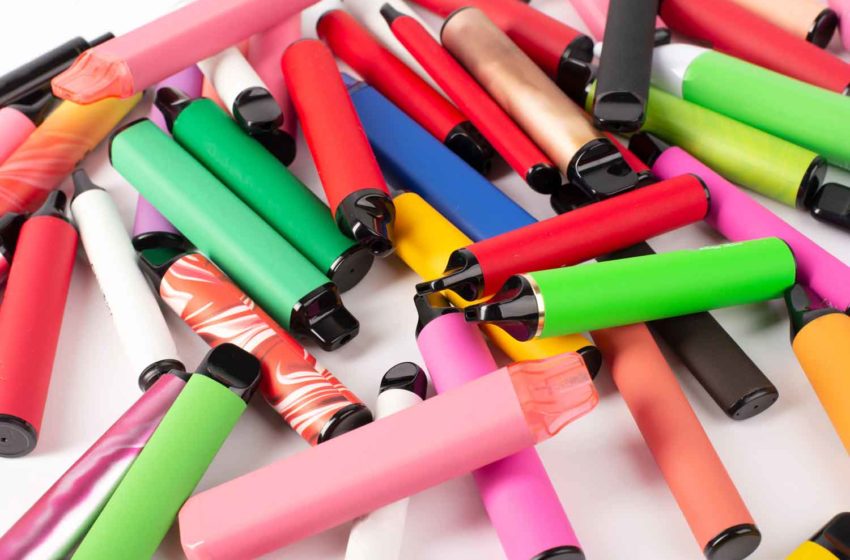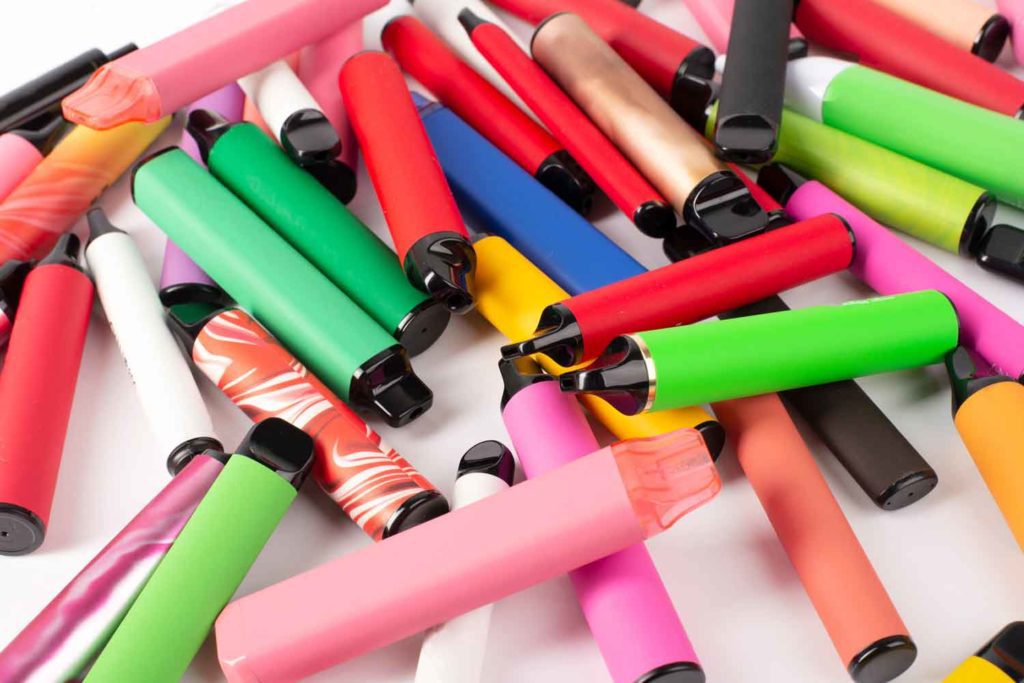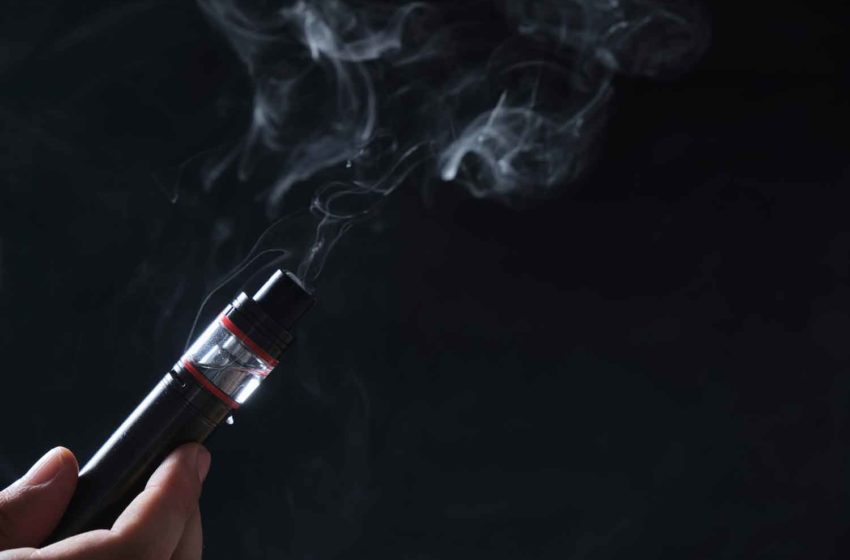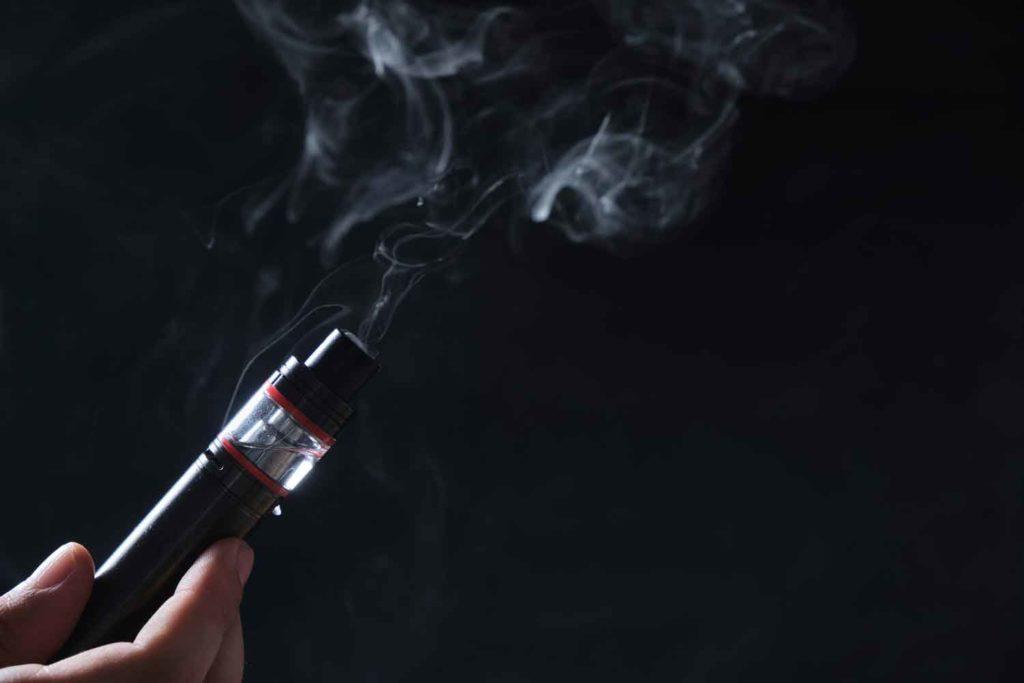
California lawmakers have quietly shelved a proposal to ban people born after Jan. 1, 2007, from buying tobacco products, reports Jefferson Public Radio.
In February, assembly member Damon Connolly introduced a bill that would make it illegal for anyone in California who is presently 16 years old or younger to ever buy a tobacco product in that state. Vendors caught selling would risk fines of up to $6,000 and a loss of their tobacco license. The minimum age to buy tobacco products in California is presently 21, as it has been in every U.S. state since the law was changed in 2019. The proposed legislation is similar to laws passed in New Zealand and considered elsewhere, including Hong Kong and Malaysia.
Connolly’s bill struggled to attract backing, however. By mid-April, only 10 organizations, including the California chapter of the American Academy of Pediatrics, had sent letters of support to the Assembly Health Committee, where it was first set to be considered, according to an analysis prepared by the committee.
The committee reportedly suggested that phasing out tobacco sales in California was less urgent because adult and youth smoking rates are only slightly higher than half the national average. “The legislature may want to consider whether it would be more effective to focus on enforcing the flavored tobacco ban rather than engaging on a new front and attempting to prevent a product that is legal in 49 other states, as well as on sovereign tribal lands, from entering the state,” the committee wrote.
At the Assembly Health Committee hearing on April 11, Connolly accepted amendments from the committee that changed the focus of his bill. It will now authorize the California Department of Public Health and the state attorney general’s office to enforce the recently enacted flavored tobacco ban, in addition to local agencies.

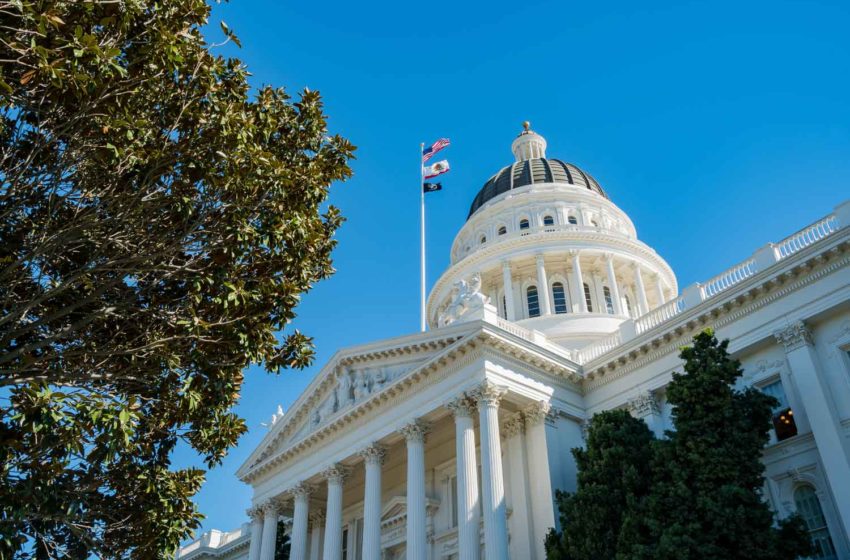








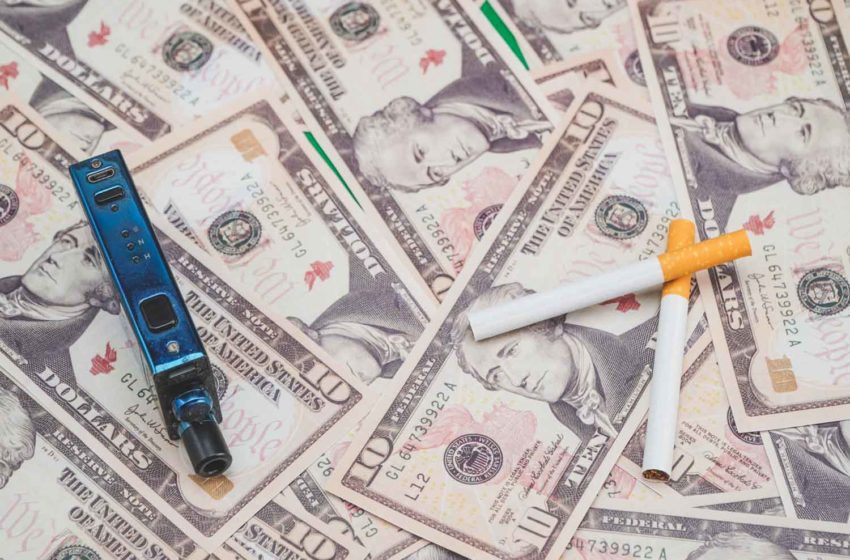

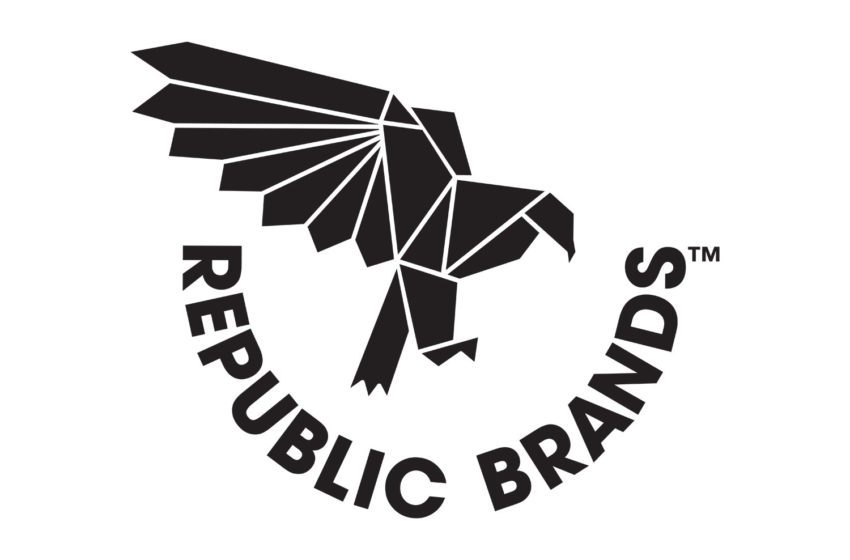
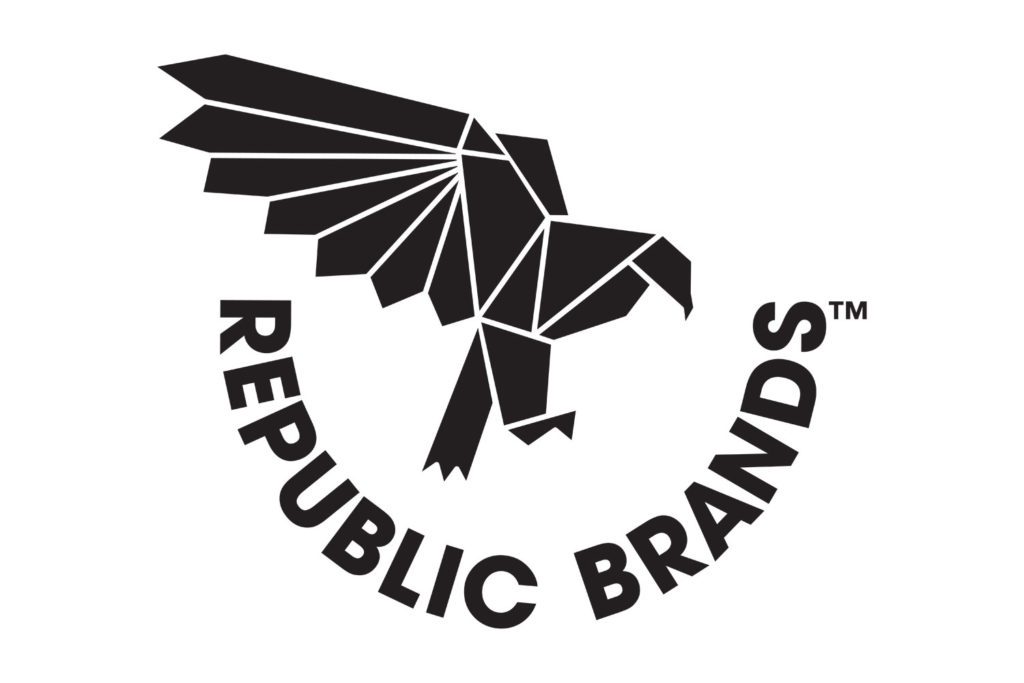

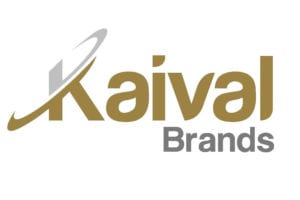 Kaival Brands Innovations Group, the distributor of Bidi Vapor products, has appointed Barry Hopkins, David Worner and Mark Thoenes to its board of directors.
Kaival Brands Innovations Group, the distributor of Bidi Vapor products, has appointed Barry Hopkins, David Worner and Mark Thoenes to its board of directors.